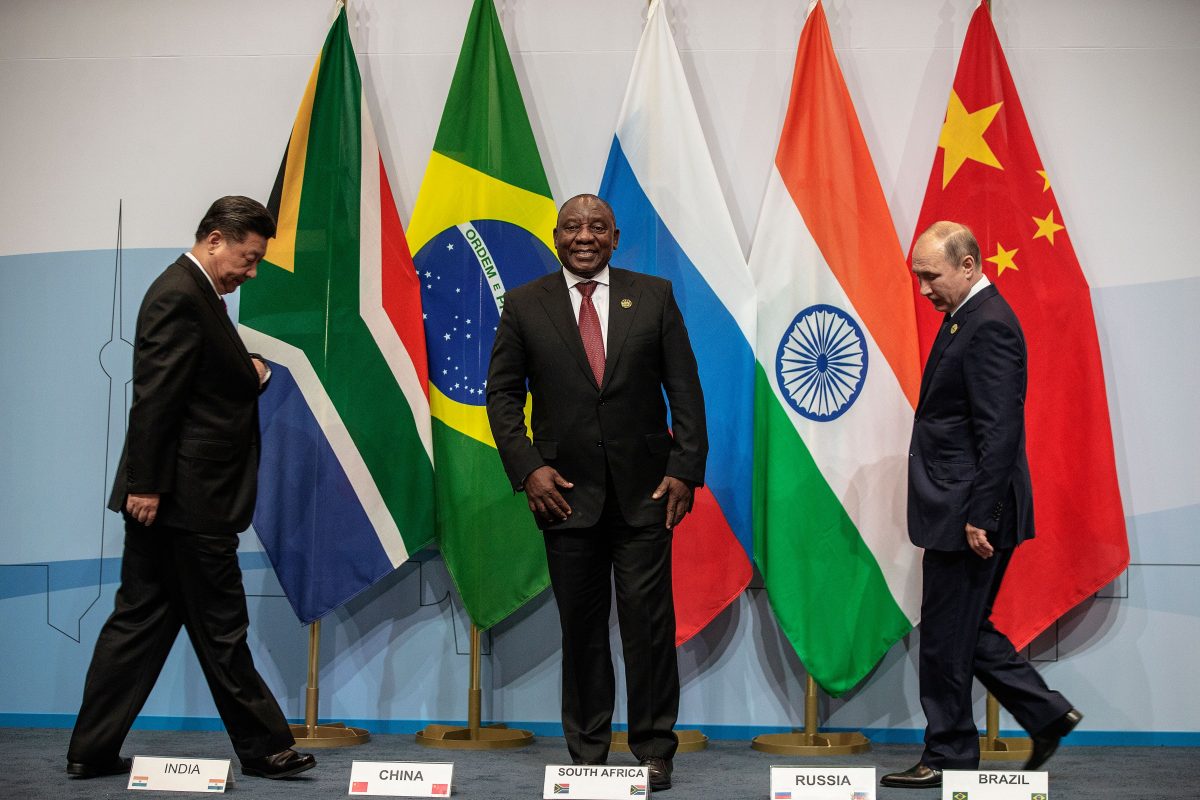
While China seeks influence and stability for its investments in Africa, Russia foments chaos and offers private security services to contain it. On 19 March 2023, an armed group attacked the Chimbolo gold mine in the Central African Republic, killing nine Chinese employees. The rebels blamed Russian Wagner Group operatives, claiming they wanted to drive the Chinese away in order to expand their own mining operations. Although no evidence was presented, the incident was evidence of the growing friction between Russian and Chinese influence in sub-Saharan Africa.
China and Russia have fundamentally different objectives in Africa. Beijing seeks stability to ensure the long-term success of its investments, while Moscow thrives on instability, selling arms and security to fragile governments. The Belt and Road Initiative (BRI) is the centrepiece of China's strategy, with investments in key infrastructure, such as the 46 African ports built or financed by Chinese state-owned enterprises. Russia, on the other hand, provides military assistance to unstable countries such as Mali, Sudan and the Central African Republic, helping leaders stay in power.
Both powers have shared an interest in weakening Western influence. Pro-Russian propaganda has favoured the expulsion of French and US troops from several countries, which China has welcomed. However, areas of competition are increasing.
China and Russia are the largest arms suppliers to sub-Saharan Africa, with 21% and 18% of the market, respectively. Western sanctions have made Russian arms sales more difficult, creating opportunities for China. In addition, the dispute over critical minerals could intensify. China controls 30% of copper production and 50% of African cobalt, vital resources for its technology industry. In the Democratic Republic of Congo, China has provided drones and weapons to defend its mines against insurgents, underlining its interest in maintaining stability in strategic areas.
China's dilemma in the face of Russian chaos
If Russia continues to foment instability, it could put Chinese investment at risk. Russian expansion in Côte d'Ivoire, a key trading partner for China, could be a source of tension. In addition, conflicts in countries allied to Russia could prevent Chinese loan repayments, jeopardising Beijing's financing model.
On the other hand, growing Western competition could also complicate Chinese interests. US and EU funding for the Lobito Corridor, a key railway in Angola, represents an alternative to the BRI. China has responded with new investments in Angolan infrastructure to maintain its influence.
An uncertain future
China needs stability to protect its investments, but also benefits from Russian destabilisation by weakening the West's position in Africa. To manage this dilemma, Beijing could develop its own private security sector, replicating the Russian model, to defend its interests without relying on regional stability. In this scenario, China could find a way to balance its investments while allowing Russia to continue to operate as a counterweight to the West.
Source: foreignpolicy.com 31/03/2025
